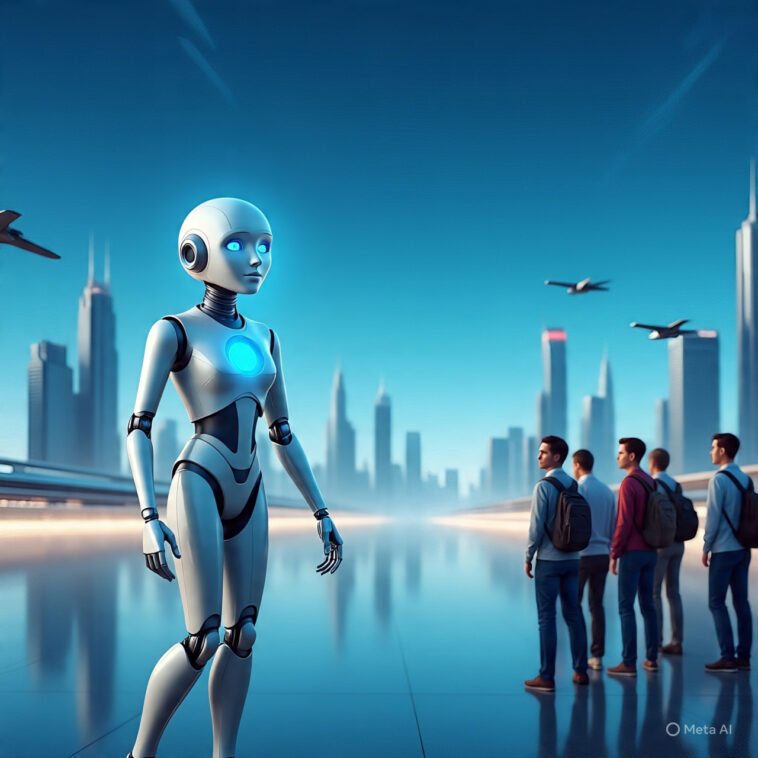In the modern travel landscape, Artificial Intelligence (AI) is becoming more than just a convenience—it’s a critical player in ensuring safety for millions of travelers across the globe. From predictive risk assessments to real-time alert systems, AI is redefining what it means to travel securely.
1. ✈️ Real-Time Risk Alerts
AI-powered platforms now analyze vast streams of global data—from weather conditions and traffic incidents to political unrest and health advisories. Travelers are automatically notified of emerging risks in their destinations via apps and SMS.
Example: Companies like Riskline and Sitata use AI to monitor and alert travelers about natural disasters, strikes, or even viral outbreaks, allowing them to re-route or delay their trips accordingly.
2. 🧠 Predictive Safety Intelligence
AI models can forecast potential threats before they occur. By analyzing historical data and current patterns, AI can predict:
- Likely delays
- High-risk areas
- Disease spread
- Security threats
Impact: Travel agencies, airlines, and logistics firms can proactively adjust plans, helping travelers avoid trouble zones.
3. 🔐 Smarter Airport Security
Facial recognition, biometric screening, and intelligent scanning systems are speeding up check-ins while enhancing identity verification.
How AI helps:
- Flags suspicious behavior using pattern recognition
- Reduces human error in identity verification
- Shortens wait times while increasing scrutiny
Example: Dubai International Airport uses AI-based Smart Gates, allowing pre-cleared passengers to pass through without showing a passport or boarding pass.
4. 🗺️ AI-Powered Navigation and Emergency Routing
In case of emergencies—natural disasters, protests, or lockdowns—AI-powered travel apps can:
- Suggest fastest safe exits
- Re-book travel instantly
- Contact embassies or local help centers
Example: Google Maps and Waze use AI to dynamically reroute travelers away from danger zones during real-time events.
5. 🤖 Virtual Safety Assistants
AI travel assistants like Google Assistant, Apple’s Siri, and ChatGPT-integrated bots can offer:
- Local emergency numbers
- Safety protocols in foreign countries
- Nearby police stations, hospitals, and embassies
These tools are especially helpful for solo travelers and remote workers navigating unfamiliar territories.
6. 📡 Drone Surveillance and AI Monitoring
Some high-risk tourism spots and national parks have begun using drone technology powered by AI to monitor crowds, track lost tourists, and identify early warning signs of natural threats like floods or wildfires.
7. 🧳 Lost Luggage & Fraud Protection
AI also ensures travel safety beyond personal security:
- Luggage tracking: AI systems help locate lost baggage faster
- Payment fraud detection: AI flags unusual transactions when traveling
- Travel insurance claims: Automated systems streamline valid claims
Conclusion
AI is no longer a futuristic buzzword in travel—it’s actively protecting real people in real-world scenarios. As technology continues to evolve, the blend of smart data and automation is shaping a travel industry that’s safer, smarter, and more responsive than ever before.
✨ Whether you’re a business traveler, a digital nomad, or a weekend adventurer—AI is your silent co-pilot, watching out for your safety every step of the way.



